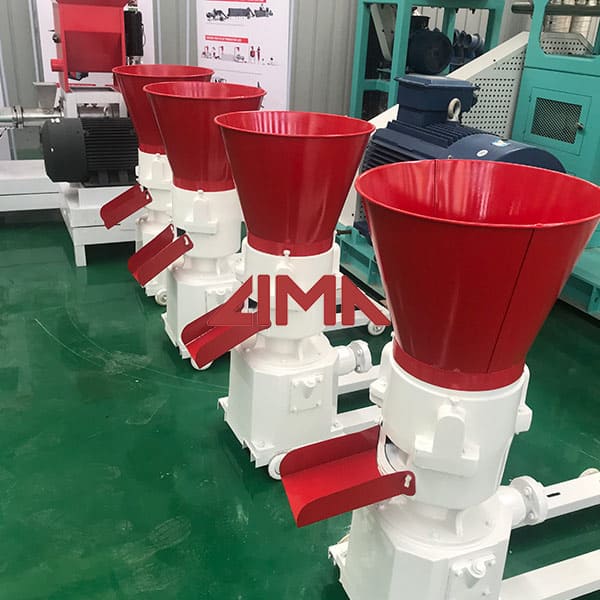
3/9 Figure 3. White leghorn Figure 4. Rhode Island red Figure 5. Newhampshire 3. Local breeds If you want to breed your own stock of chickens, you cannot go on using the hybrid breeds, as their high productivity will go down. You
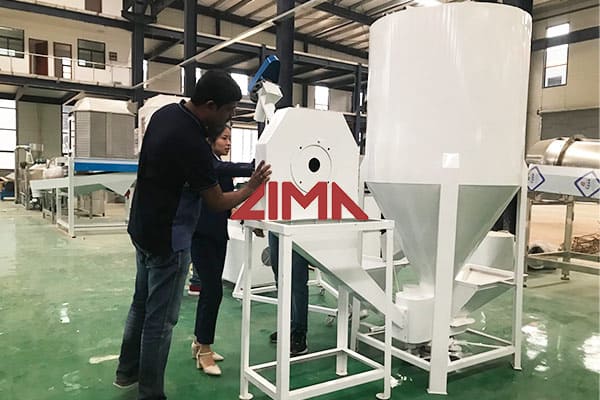
2017/09/16 · READ Successful, small-scale organic farming in the city. Farmers can also reduce input costs by pooling resources and buying inputs, such as feed, in bulk, Gwala says. Buying directly from suppliers such as feed mills or hatcheries, will also help reduce costs and will give farmers access to technical support.
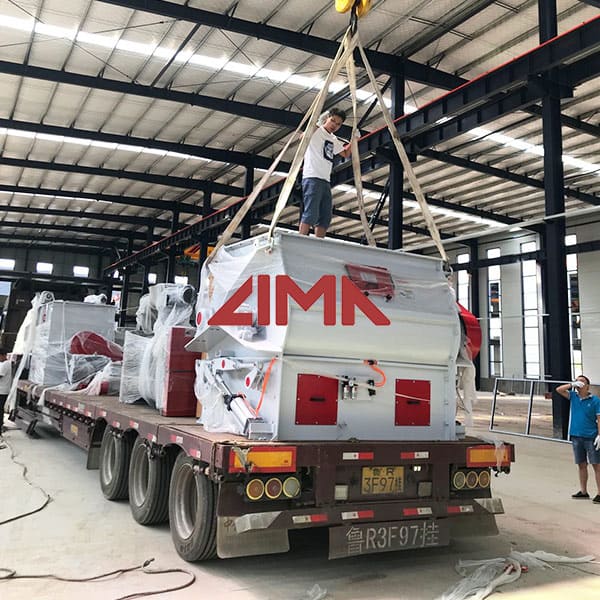
Small Feed Pellet Mill Plant (Cattle and Poultry) STLP400 for Small to Medium Scale Feed Mill (0.8~1ton/h) The other model of small poultry / cattle feed plant (STLP400) uses 61.2KW power, handling a raw feed stock of 800kg/hour to 1000kg/hour on average and weighs 2902kg.

2022/06/11 · Growers Mash Feeds Cost Of 100 Layers. After 8 weeks, growers’ mass is introduced till the chicks are 19 weeks. The birds use up to 10 bags of layers mash. A bag of 70kg costs Ksh. 2600. Approximately Ksh. 26, 000. 4. Layers Mash Cost Of 100 Layers. The birds use up to 78 bags of layers mash.
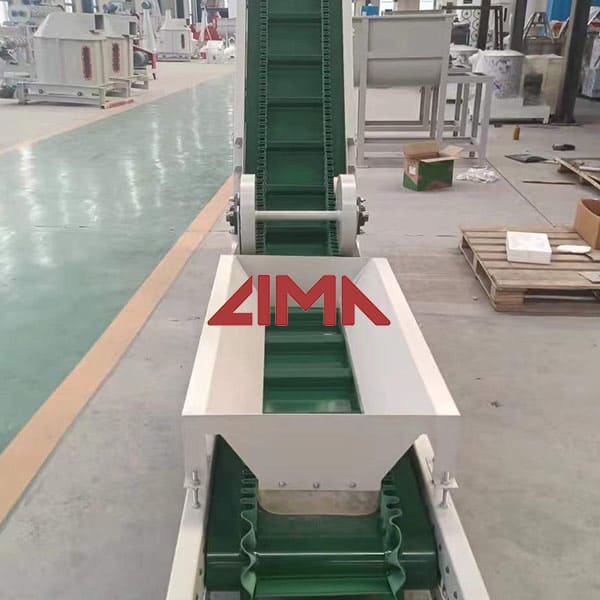
2021/01/13 · Therefore, it is more accurate and convenient to measure by manual weighing in general 1-4t/hr small-scale animal feed processing plants for chicken feed. (6) Selection of unit The unit suitable for 1-4t/h small chicken feed pelleting
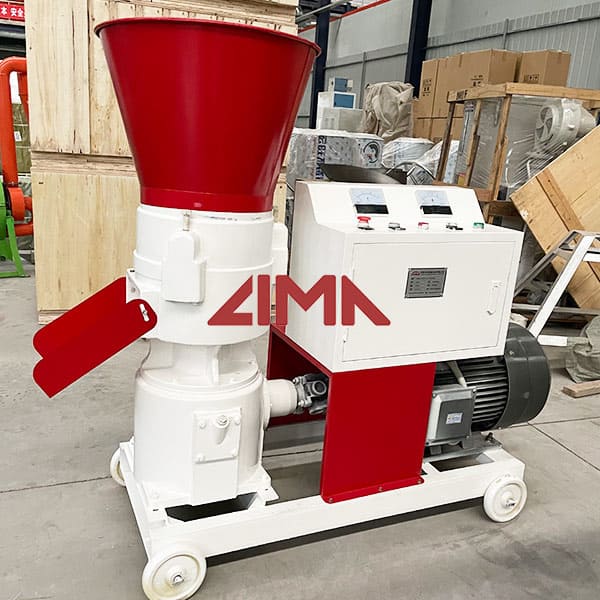
3 Cost assumptions Producers interested in raising pastured poultry for sale on a small scale will first need to estimate their costs of production so they can determine the con - sumer demand at that price. Also, customers will want
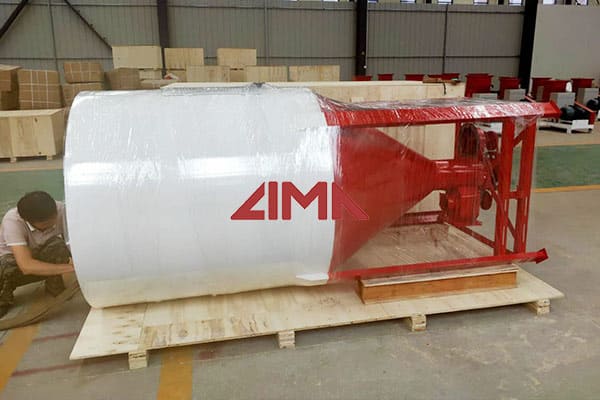
Welcome To Namdhari Agro Industries We introduce ourselves as one of the well known manufacturers , exporter and suppliers of cattle feed plant, poultry feed plant, fish feed plant and complete Feed Projects in India . We have
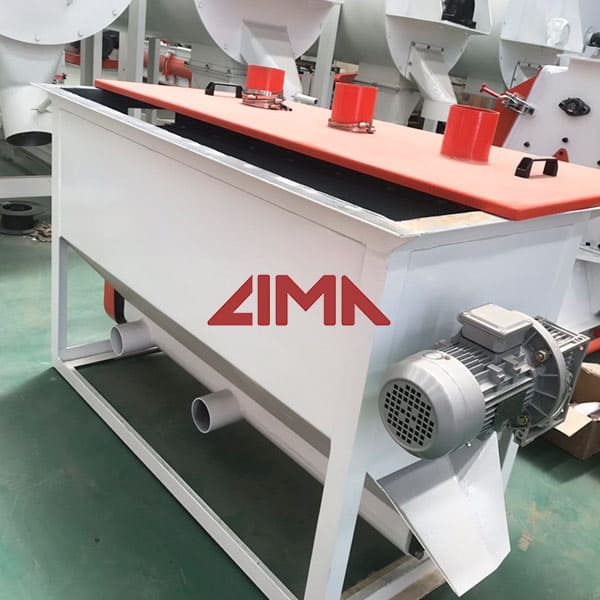
Recently, one set of our poultry feed pellet making line has been set up in Uganda. Production Capacity: Produce 1~2 ton feed pellets per hour. Formula for Chicken Feed: Sunflower cake, soybean cake, soya, maize, fish meal, bone meal, soybean oil and premix. In order to meet the requirement of this Ugandan customer, we made the process design
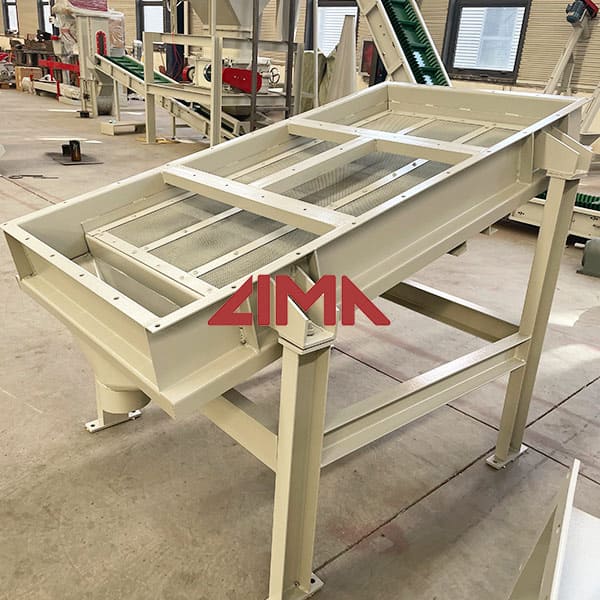
2020/10/08 · Successful applicants will sign a power purchase agreement (PPA) with GUVNL under Gujarat’s Policy for Development of Small-Scale Distributed Solar Projects -2019. The small-scale solar developer would be eligible for an additional ₹0.20 (~$0.0027)/kWh above the average tariff discovered by GUVNL during competitive bidding for large-scale solar projects,
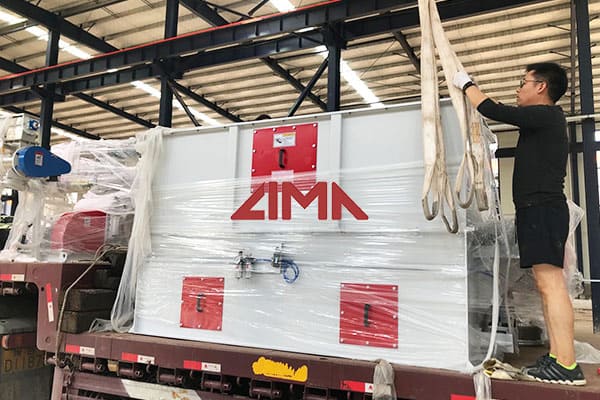
Newly Designed Small Feed Pellet Plant Overview. Output Range: 600~1000kg per hour. Processing Range of Raw Ingredients: soybean, wheat bran, corn, meal, corn straw, peanut shell, rice husk, straw, as well as some other raw materials associated with the feeding formula. Main Machinery: feeding machine, crusher, mixer and storage silo, pellet
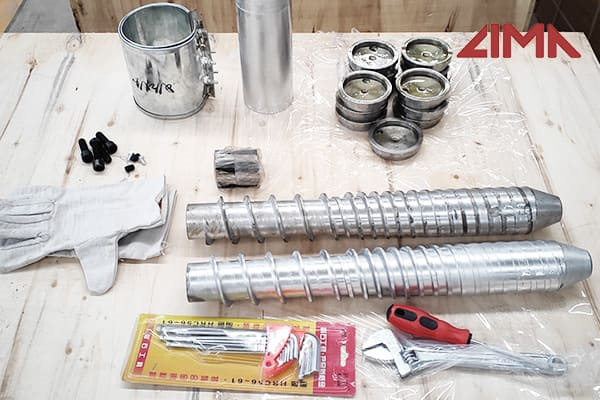
2019/04/26 · The Starter feed for Layer pullet chicks must contain 18-20% CP and energy content of about 3000 Kcal/kg. The pullet feed should be fed from 0 to 6 weeks. The Grower feed which contains 14 to 16% CP and energy content of about 3000Kcal/kg. This pullet feed should be fed from 6 to 12 weeks of age.

Small-scale chicken production 4 Contents 1 Introduction 6 2 Chicken breeds 8 2.1 Commercial and hybrid breeds 8 2.2 Local breeds 10 2.3 Choosing a chicken breed 11 3 Housing 13 3.1 Free-range chickens 14 3.2 Small3.3
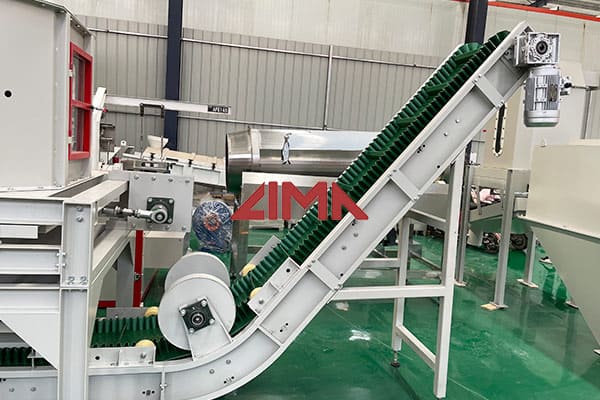
2019/01/07 · If you want to start a poultry farm on a medium scale, then the investment would be from Rs.1, 40,000/- to Rs.3, 50,000/-. To start a poultry farm on a large scale, then the investment would be up to Rs.7, 00,000/-. After selecting the capital, you need to go with the selection of a good location for your poultry farm.
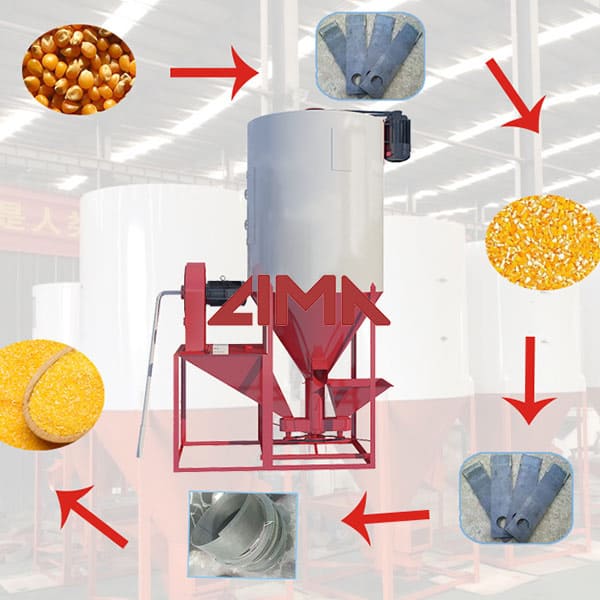
The followings are our hot sale equipment unit for small scale poultry feed mill. It is designed for 1~2 ton per hour poultry feed production line. Small Feed Milling Plant Layout (2 ton/h) Feed Pelletizing Section. View the " poultry feed manufacturing process flow and equipment layout design" as shown in the below picture.

The ideal temperature range of the environment for layers is between 18 – 24 C. Within a temperature range of 18 – 24 °C the hen is able to maintain a constant body temperature without applying processes such as shivering to increase heat production because of cold conditions